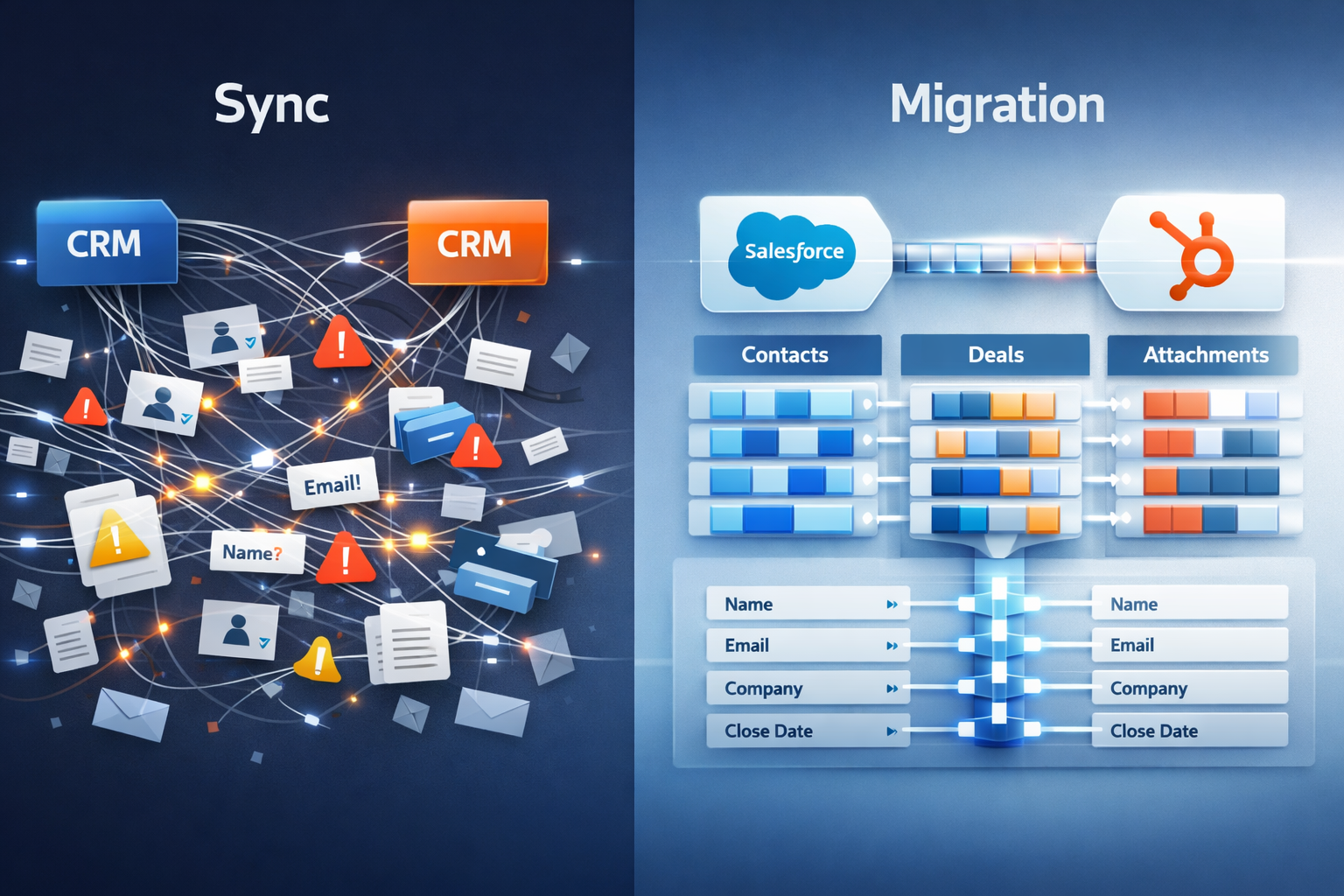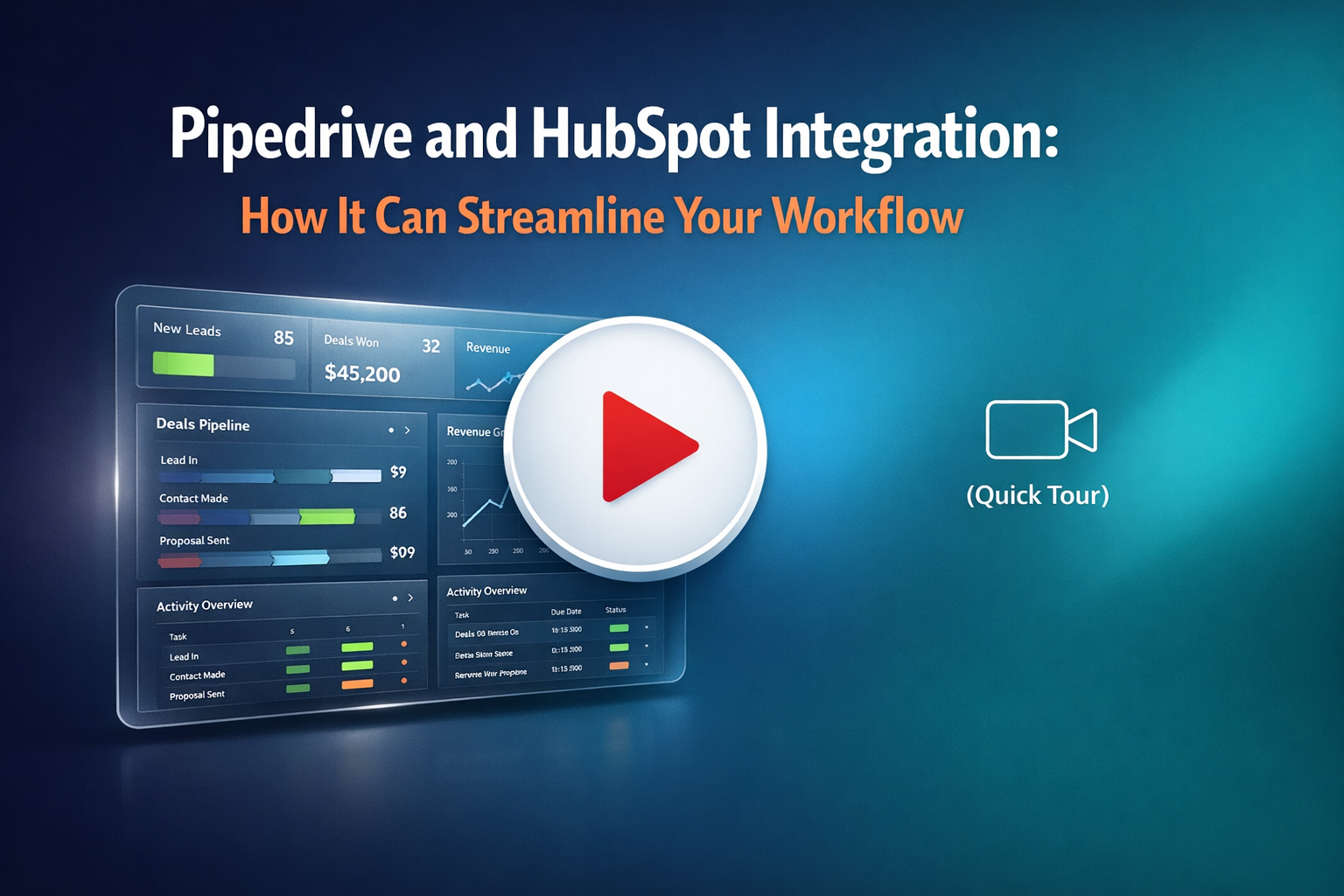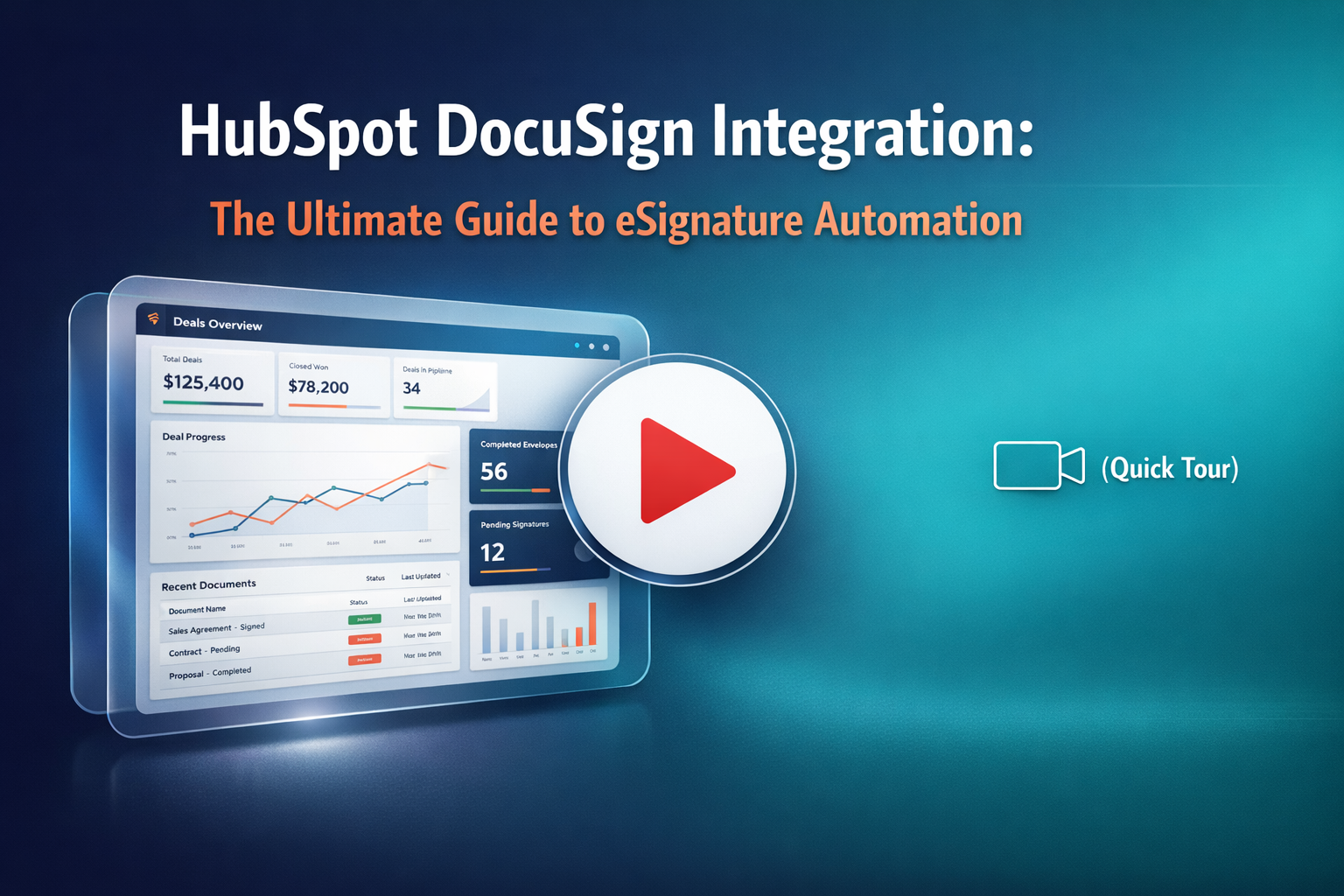Introduction
Data migration plays a crucial role in the growth and evolution of businesses as they upgrade their CRM systems or transition to cloud-based platforms. It is a complex process that involves transferring data from one system to another, and if not executed properly, it can have detrimental effects such as data loss, inaccuracies, and disruptions in business operations. Data mapping is a key factor that determines the success of a CRM data migration, as it ensures that the data is correctly transferred and integrated into the new system.
Data mapping is the process of defining how data from the source system will be transformed and migrated to the target system. It involves understanding the structure of data in both systems, identifying corresponding fields, and creating a clear mapping between them. A well-executed data mapping strategy ensures that data is accurately and consistently transferred from the old CRM to the new one, preserving its integrity and usability.
 The Importance of Data Mapping
The Importance of Data Mapping
Data Integrity: Data mapping helps maintain the integrity of information during the migration process. By carefully defining the mapping rules, businesses can ensure that data fields are correctly matched and that no information is lost or corrupted during the transfer.
Consistency: Mapping data consistently ensures that data remains organized and coherent across systems. This consistency is crucial for business operations and reporting, as it enables users to access accurate and up-to-date information.
Streamlined Process: Efficiency is a key benefit of proper data mapping. By carefully defining the mapping rules, businesses can streamline the migration process, reducing the risk of errors and saving valuable time. With a well-structured mapping plan, businesses can automate the data transfer, allowing for a smoother and more efficient migration experience.
Data Validation: Data mapping also facilitates data validation, allowing businesses to identify and address any discrepancies or issues in the data before it is migrated. This validation process helps ensure data accuracy and reliability.
Customization: Every CRM system is unique, with its own set of data fields and structures. Data mapping allows businesses to customize the migration process to fit their specific needs, ensuring that the new CRM system aligns with their business requirements.
Best Practices for Data Mapping
Understand Data Structures: Thoroughly understand the data structures of both the source and target CRM systems. Identify all relevant data fields and their relationships to ensure comprehensive mapping.
Document Mapping Rules: Create a detailed mapping plan that outlines how each data field from the source system will be mapped to the corresponding field in the target system. Documenting these rules is essential for consistency and future reference.
Conduct Data Audits: Perform data audits to identify any inconsistencies or duplicates in the data before the migration. Addressing these issues before mapping and migration will ensure cleaner data in the new CRM system.
Test Data Mapping: Test the data mapping process with a small subset of data to validate its accuracy and effectiveness. Use test migrations to identify and resolve any mapping issues before the full migration.
Monitor Data Integrity: Continuously monitor data integrity during and after the migration process. Regularly audit and validate data to ensure that it remains accurate and usable in the new CRM system.
Conclusion
Looking to achieve a seamless data migration experience for your CRM system? Trujay offers top-of-the-line data migration services to help businesses transition their data from on-premises to cloud CRM systems effortlessly. With Trujay's advanced data mapping capabilities and expert assistance, you can ensure the integrity and consistency of your data throughout the migration process.
Take the first step towards a successful CRM data migration by visiting Trujay's website and exploring our comprehensive data migration solutions. Whether you're migrating to HubSpot, Salesforce, or any other CRM platform, Trujay has the expertise and tools to make your data migration journey smooth and efficient.
-1.png)








